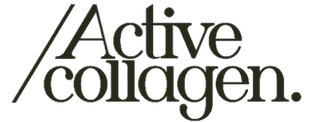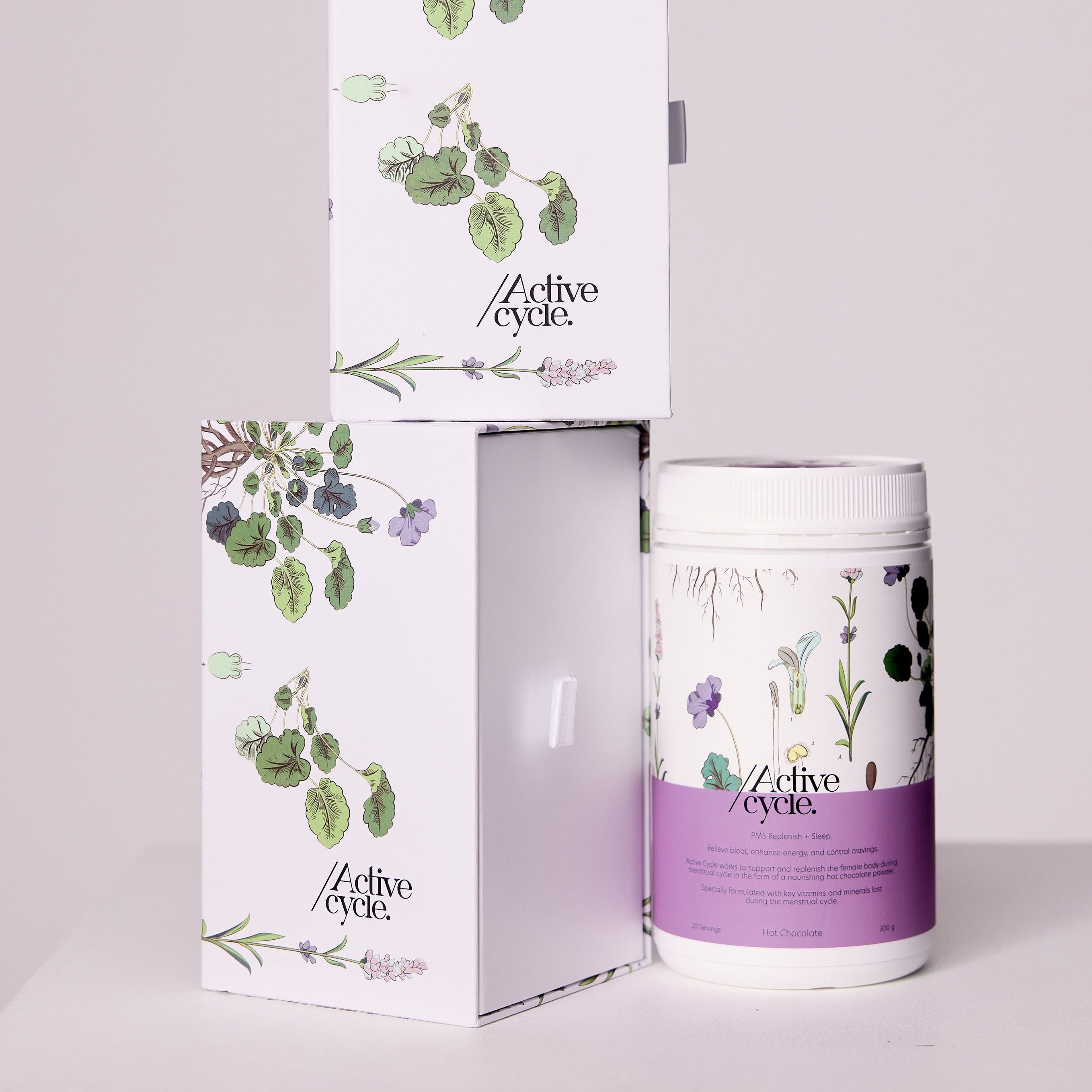It is hard to believe that each individual human is a host to over 100 billion microbes residing in the gastrointestinal (GI) tract, the bulk of this made up by bacteria. The bacteria making up the now termed functional organism, known as the gut microbiota, impacts immunity, nutrient absorption, production of short-chain fatty acids (SCFAs), gut-brain-microbiome communication and metabolism both inside the gut and systemically.
An imbalance of this ecosystem due to poor diet, antibiotic use and illnesses is called gut dysbiosis. Dysbiosis is essentially the development of specific bacteria that are proinflammatory and are associated with causing inflammatory diseases such as inflammatory bowel disease, and metabolic conditions such as type II diabetes and obesity.
The beneficial bacteria that makes up the gut microbiota is almost 100% made up at birth, and continues to be maintained and developed through diet of the host. This is one reason why maintaining a healthy diet is so important. Especially one that provides an abundant amount of pro, pre and postbiotics. Let’s break them down.
Probiotics
The probiotics are the live bacteria that we ingest adding to the good bacteria population of the gut, increasing gut diversity and reducing inflammation. Bacteria strains of probiotics include countless Lactobacillus and Bifidobacterium, and certain types of Streptococcus and Enterococcus.
Are you eating some form of probiotic each day? Choose foods to add into your diet that are ‘alive’ and generally are fermented foods such as yoghurt, sauerkraut, kefir, miso, kimchi and some cheeses. If dysbiosis is occurring administration of a probiotic supplement may be needed. Although, ensure that the type of probiotic you’re taking is proven to reach the gut alive to reap the benefits.
Prebiotics
Prebiotics are the fuel for the probiotics in your gut. They are the non-digestible polysaccharides, fibres or starches – oligosaccharides, fructans and galacto-oligosaccharides – that are present in many natural fibres such as garlic, onion, cooked then cooled carbohydrates like potatoes and rice, wholegrains (oats), asparagus, bananas, lentils, chickpeas and cabbage to name a few.
Probiotic bacteria utilize and ferment prebiotic carbohydrates to produce SCFAs like butyrate which are essential for keeping inflammation at bay. Regular and ample prebiotic consumption have been shown to reduce the impact and cause of many intestinal diseases like IBS and colon cancer, as well as mental health disorders like depression.
Postbiotics
A relatively newer concept than the former biotics, postbiotics are the result of the probiotics digesting and breaking down prebiotics. They are the inactivated substances leftover after digestion of prebiotics. These include our SCFAs, certain antioxidant enzymes and gut microbiota metabolites.
There is extensive research on the SCFAs, especially, as a form of postbiotic. Butyrate is the most viable source of energy for intestinal absorptive cells, aka enterocytes, and significant regression of colon inflammation is seen in patients with ulcerative colitis when butyrate is largely present. Another important SCFA is propionate with similar anti-inflammatory properties as butyrate. Propionate has the ability to exert cholesterol balance maintenance as it performs statin-like effects on cholesterol production.
Prioritising a wholefood rich diet including a variety of pro and prebiotics is one easy and accessible way of preventing disease, but also maximising gut health. Don’t forget about the little guys that live in your gut. Keeping them happy will keep you happy.
Chudzik, A., Orzyłowska, A., Rola, R., & Stanisz, G. J. (2021). Probiotics, Prebiotics and Postbiotics on Mitigation of Depression Symptoms: Modulation of the Brain-Gut-Microbiome Axis. Biomolecules, 11(7), 1000. https://doi.org/10.3390/biom11071000
Vinderola, G., Sanders, M. E., & Salminen, S. (2022). The Concept of Postbiotics. Foods (Basel, Switzerland), 11(8), 1077. https://doi.org/10.3390/foods11081077
Weiss, G. A., & Hennet, T. (2017). Mechanisms and consequences of intestinal dysbiosis. Cellular and molecular life sciences : CMLS, 74(16), 2959–2977. https://doi.org/10.1007/s00018-017-2509-x
Scarpellini, E., Rinninella, E., Basilico, M., Colomier, E., Rasetti, C., Larussa, T., Santori, P., & Abenavoli, L. (2021). From Pre- and Probiotics to Post-Biotics: A Narrative Review. International journal of environmental research and public health, 19(1), 37. https://doi.org/10.3390/ijerph19010037




